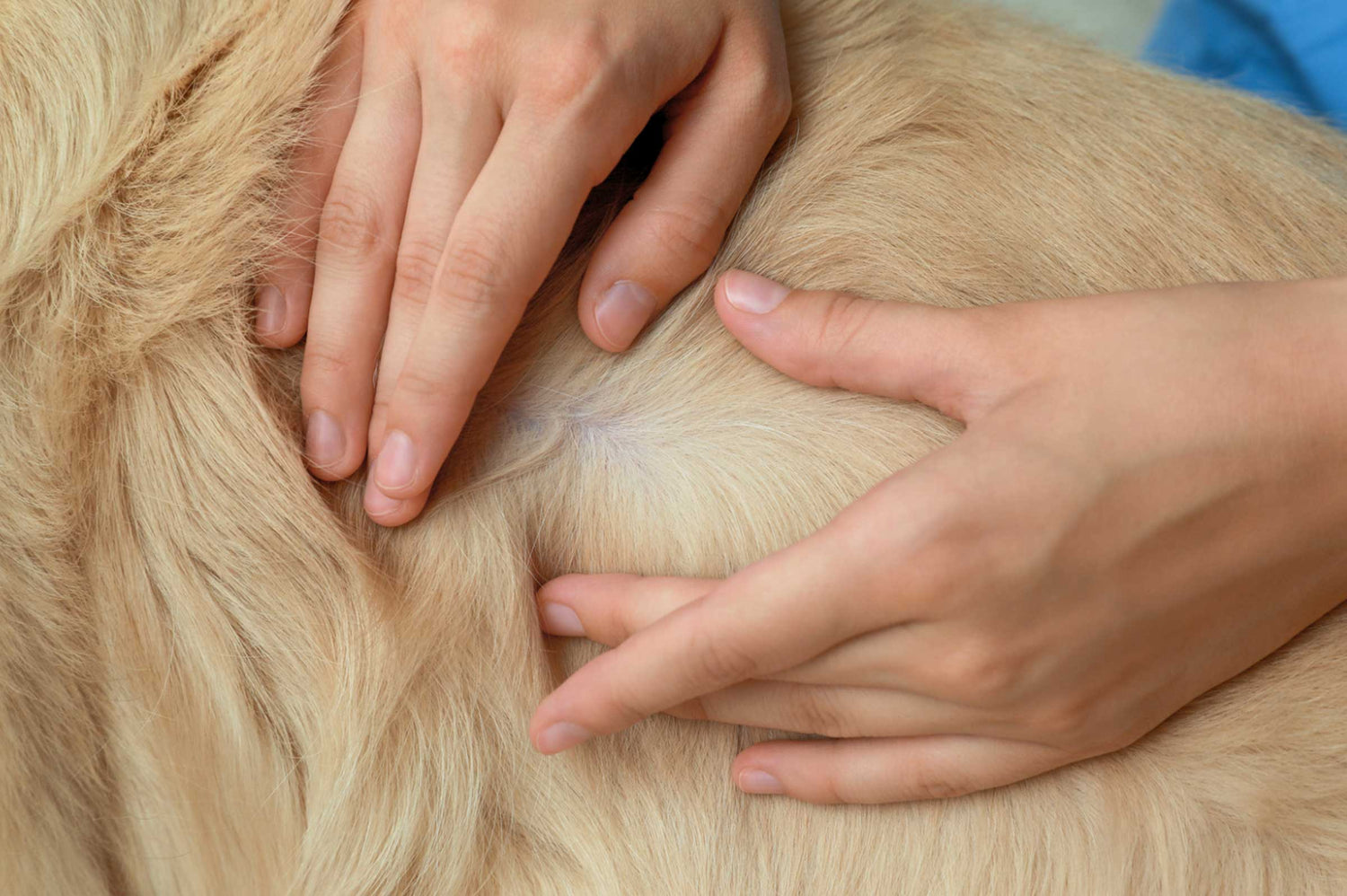Our canine companions bring boundless joy, unwavering loyalty, and unconditional love into our lives. As responsible pet owners, it's our duty to ensure their health and well-being are top priorities. Lymphoma Awareness Day for dogs serves as a crucial reminder of the importance of understanding and combating this prevalent form of canine cancer. Lymphoma, a cancer of the lymphatic system, affects thousands of dogs each year, cutting short the precious time we have with them.
Awareness is the first step toward prevention and early detection. By educating ourselves about the signs, symptoms, and treatments of canine lymphoma, we can take proactive measures to safeguard our furry friends. This guide dives into the world of lymphoma in dogs, providing essential information every dog owner should know.
Understanding Canine Lymphoma
Canine lymphoma is one of the most common cancers diagnosed in dogs, accounting for up to 24% of all new canine cancer cases. It originates in the lymphocytes, a type of white blood cell integral to the immune system. The lymphatic system, which includes lymph nodes, spleen, liver, and bone marrow, plays a critical role in maintaining your dog's immunity and overall health.
The exact cause of lymphoma in dogs remains unknown, but factors such as genetic predisposition, environmental toxins, and weakened immune systems are believed to contribute. Certain breeds like Boxers, Golden Retrievers, and Bullmastiffs are more susceptible, indicating a possible genetic link. Understanding the disease's nature is vital for early detection and effective treatment.
Recognizing the Symptoms of Lymphoma in Dogs
Early detection significantly improves the chances of successful treatment for canine lymphoma. Common symptoms include swollen lymph nodes, lethargy, weight loss, loss of appetite, and increased thirst or urination. Swollen lymph nodes are often painless and can be felt under the jaw, behind the knees, or in the armpit areas.
Other symptoms may vary depending on the lymphoma type and the organs affected. For instance, if the gastrointestinal tract is involved, your dog might experience vomiting, diarrhea, or abdominal pain. Being vigilant about any changes in your dog's behavior or physical condition is essential for early diagnosis.
Diagnosis and Treatment Options for Canine Lymphoma
If you suspect your dog may have lymphoma, prompt veterinary attention is crucial. Diagnosis typically involves a physical examination, blood tests, imaging studies like X-rays or ultrasounds, and biopsy of the affected lymph nodes or organs. These tests help determine the cancer's stage and the most effective treatment plan.
Chemotherapy is the most common treatment for canine lymphoma, aiming to induce remission and prolong quality life. Radiation therapy and surgery may also be options, depending on the lymphoma's location and progression. While treatments can be effective, they can also impact your dog's immune system, making supportive care vital during this time.
Even if your dog is diagnosed with cancer, supporting their immune system is essential. VetSmart Formulas Critical Immune Defense is designed to bolster your dog's natural defenses, potentially enhancing their response to treatment. By strengthening the immune system, it may help minimize treatment side effects, extend life expectancy, and improve overall quality of life.
The Importance of Early Detection in Dog Lymphoma
Early detection not only improves treatment outcomes but also enhances your dog's quality of life. Regular veterinary check-ups and being attentive to subtle changes can make a significant difference. Since dogs are adept at hiding discomfort, proactive monitoring is key.
Implementing routine health screenings, especially for high-risk breeds, can aid in catching the disease before it advances. Early-stage lymphoma is more responsive to treatment, and early intervention can extend your dog's life considerably.
Supporting Your Dog's Immune System
A robust immune system is your dog's first line of defense against diseases like lymphoma. Proper nutrition, regular exercise, and stress reduction are fundamental in maintaining immune health. Feeding a balanced diet rich in antioxidants can help combat free radicals that may contribute to cancer development.
Supplementing your dog's diet with immune-boosting products can provide additional support. Natural supplements designed to enhance immune function can be a valuable addition to your dog's health regimen, helping to protect against illnesses and improve overall vitality.
Conclusion
Lymphoma Awareness Day for dogs is more than a date on the calendar—it's a call to action for all dog owners to educate themselves and take proactive steps in safeguarding their pets' health. By understanding the risks, recognizing symptoms, and prioritizing early detection, we can combat this disease more effectively and ensure our furry companions lead happy, healthy lives.
To further fortify your dog's immune system and provide the best defense against diseases like lymphoma, consider adding VetSmart Formulas Critical Immune Defense to their daily routine. This powerful supplement is specially formulated to support your dog's immune health naturally. Don't wait—invest in your dog's well-being today and give them the gift of a stronger, healthier life.











